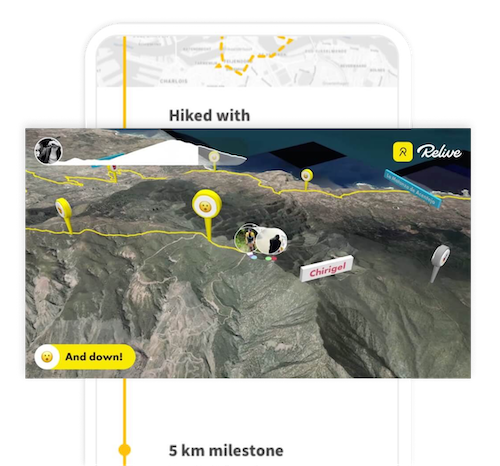
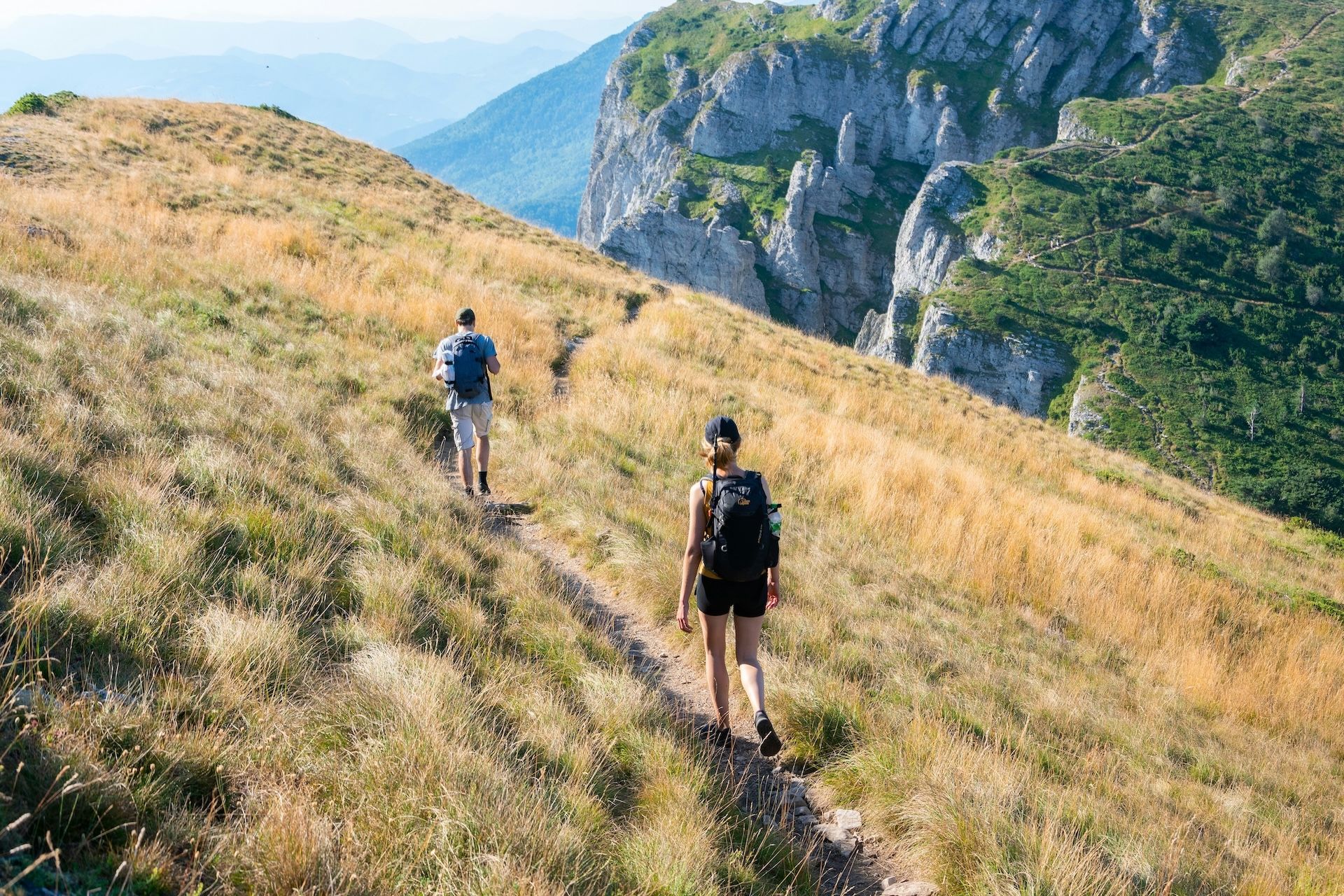
Short answer? It takes most people 15-20 minutes to walk a mile on flat ground at a moderate pace.
However, depending on how fast you walk, what kind of terrain you're covering, and whether or not you're in a rush, it might take anywhere from 12 minutes to upwards of 25.
Discover how long it takes to walk a certain distance based on your fitness level and terrain
mi
Understanding what affects walking speed can help you better estimate your time, whether you're out for a casual walk, training for a hike, or tracking your fitness goals.
Walking time isn't one-size-fits-all. Things like age, fitness level, and even your walking experience can influence how fast you move. On top of that, the environment plays a big role—steep hills, muddy trails, or high altitudes can all slow you down.
Personal Factors
Environmental Factors
Want to see exactly how your walking pace compares to these estimates? Relive turns your GPS data into stunning 3D videos that show your actual speed, elevation, and route.
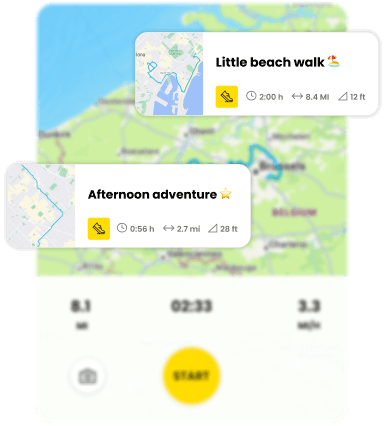
See your actual walking speed throughout your hike, and learn how the terrain affected your pace.
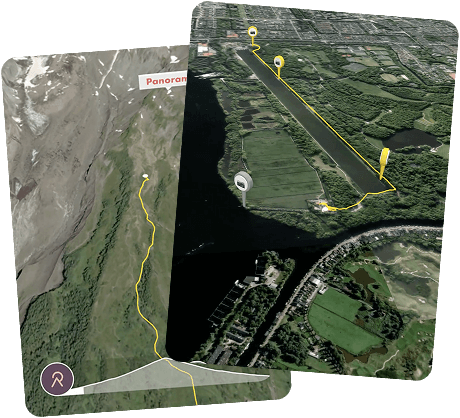
Transform your walking data into cinematic 3D flyover videos you can share with friends.
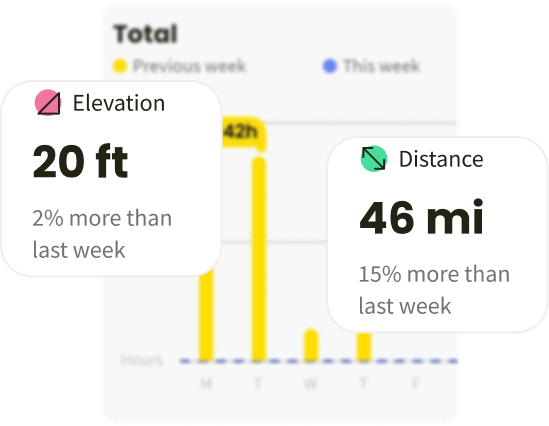
Monitor how your walking speed improves over time with detailed activity analytics.
Understanding average walking speed helps you plan your outdoor adventures more accurately. Different activities and terrains can significantly impact your pace:
| Activity Type | Average Speed (mph) | Time per Mile | Best Use Case |
|---|---|---|---|
| Leisurely walking | 2.0-2.5 mph | 24-30 minutes | Sightseeing, casual strolls |
| Average hiking | 2.5-3.0 mph | 20-24 minutes | Day hikes, moderate trails |
| Brisk hiking | 3.5-4.0 mph | 15-17 minutes | Fitness hiking, easy terrain |
| Power walking | 4.0-4.5 mph | 13-15 minutes | Urban walking, flat paths |
| Backpacking | 1.5-2.5 mph | 24-40 minutes | Multi-day hikes with gear |
The 3 mph average is accurate for healthy adults on flat, paved surfaces. However, hiking on trails typically reduces this to 2-2.5 mph due to rougher terrain, obstacles, and the need for careful footing.
Several factors can slow your pace: carrying a heavy backpack, frequent photo stops, challenging terrain, weather conditions, or simply preferring a leisurely pace to enjoy nature. These calculators provide estimates, not rigid targets.
Elevation gain significantly slows hiking pace. The standard rule adds 30 minutes to your hike for every 1,000 feet of elevation gain. Steep climbs can reduce your speed to 1-2 mph, while gentle inclines might only slow you by 10-20%.
No, hiking isn't a race. Maintain a comfortable pace that allows you to enjoy the scenery, take photos, and arrive safely. A sustainable pace prevents fatigue and reduces injury risk, especially on longer hikes.
Walking speed typically refers to movement on flat, paved surfaces (3-4 mph average), while hiking pace accounts for terrain, elevation, obstacles, and rest stops, resulting in slower overall speeds (1.5-3 mph).
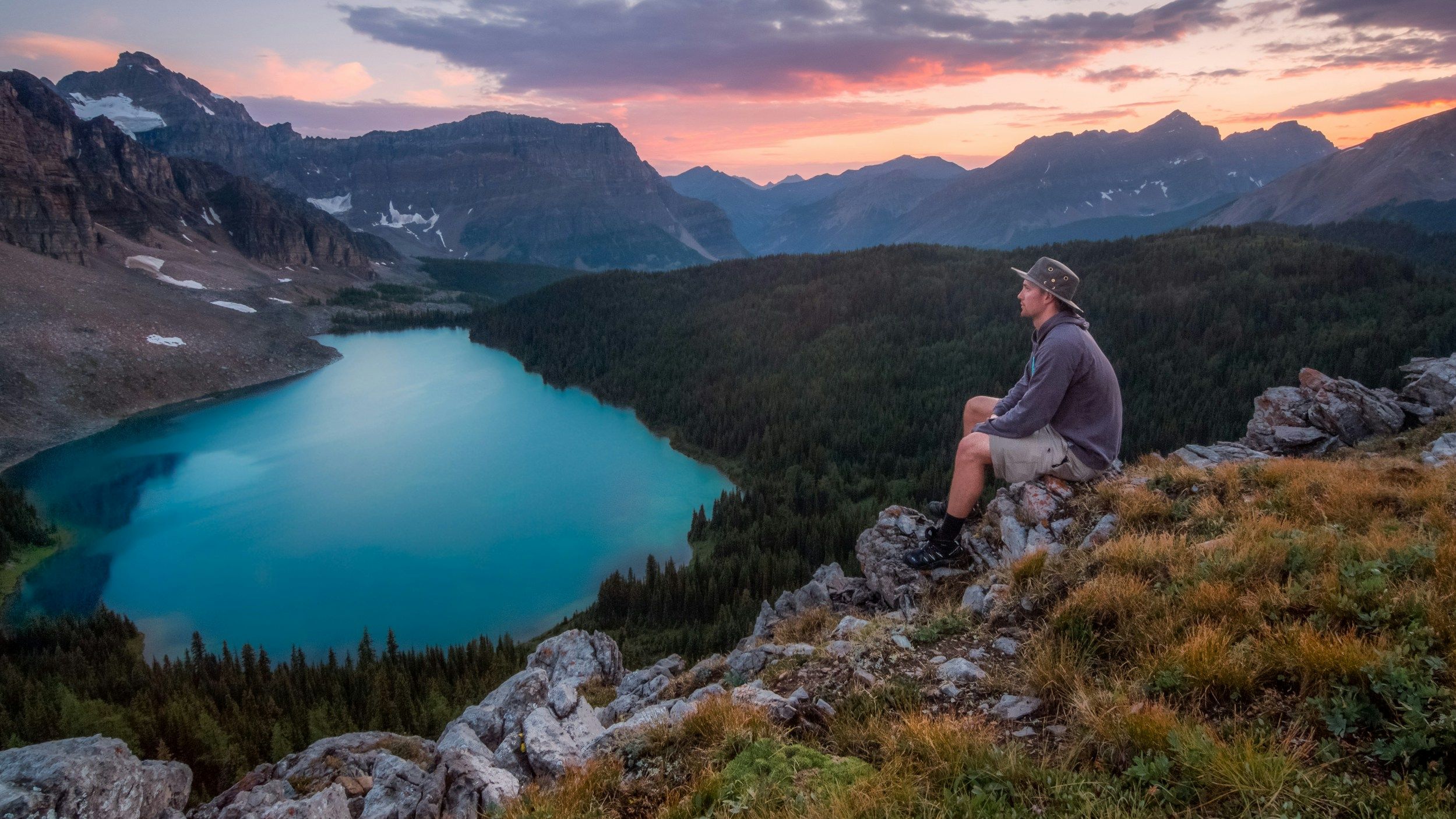
19,000+ reviews

Create unique 3D videos of your hike with photos, notes, music and more!
